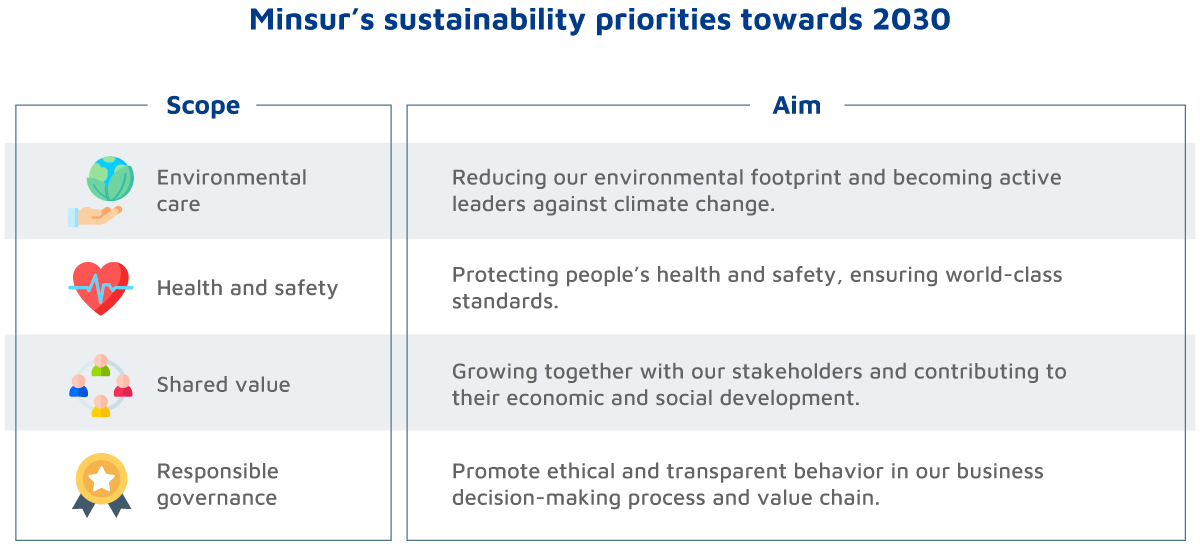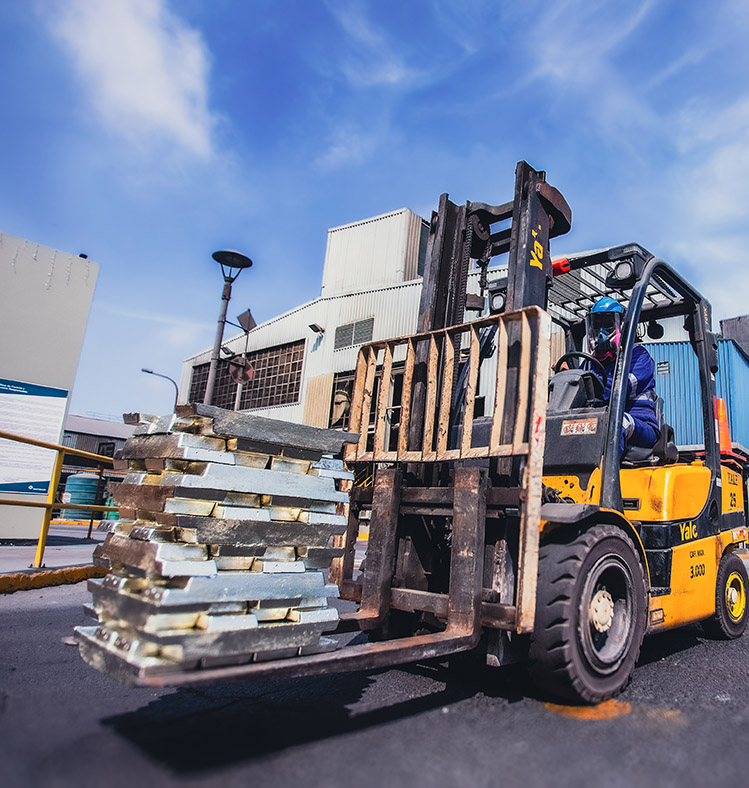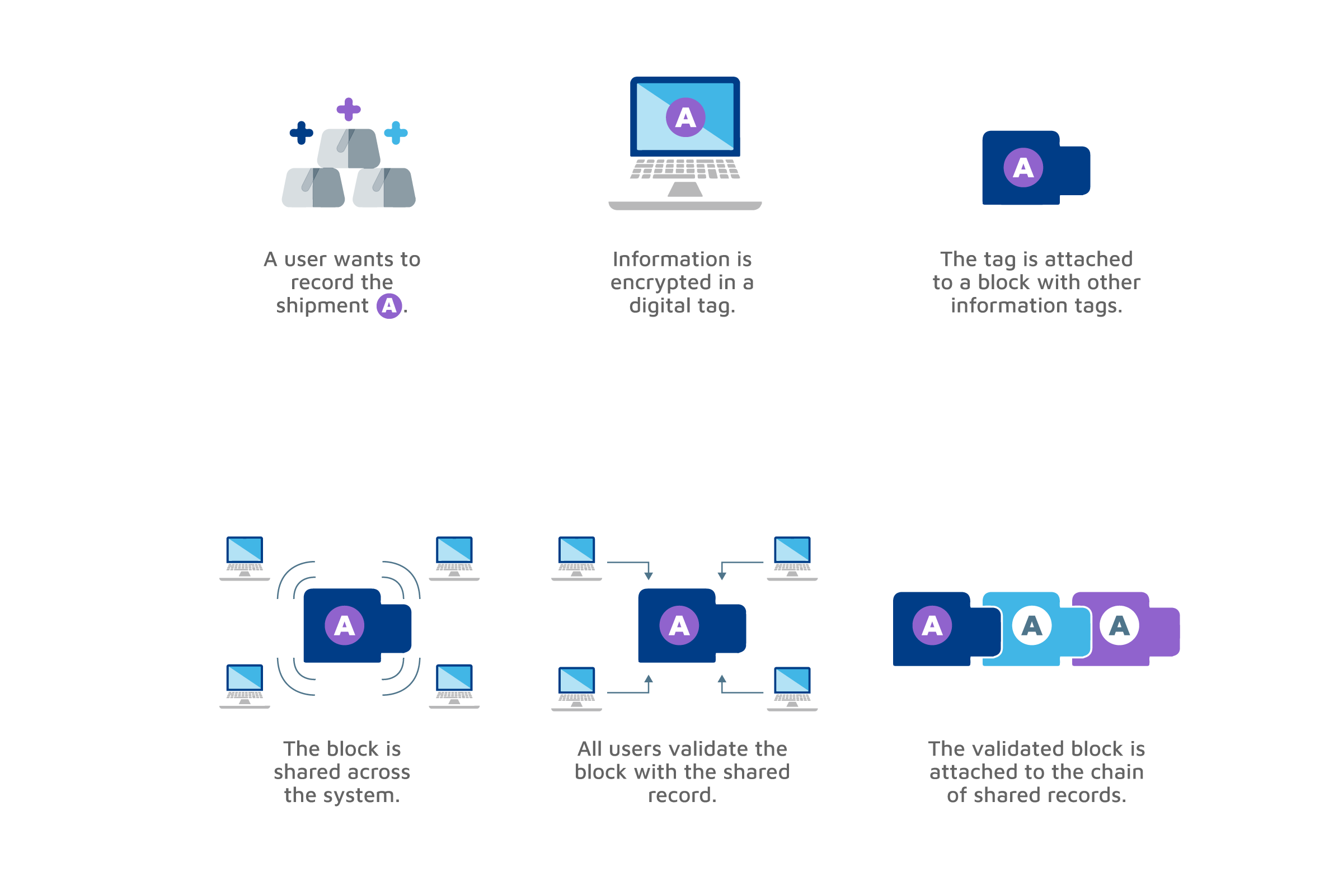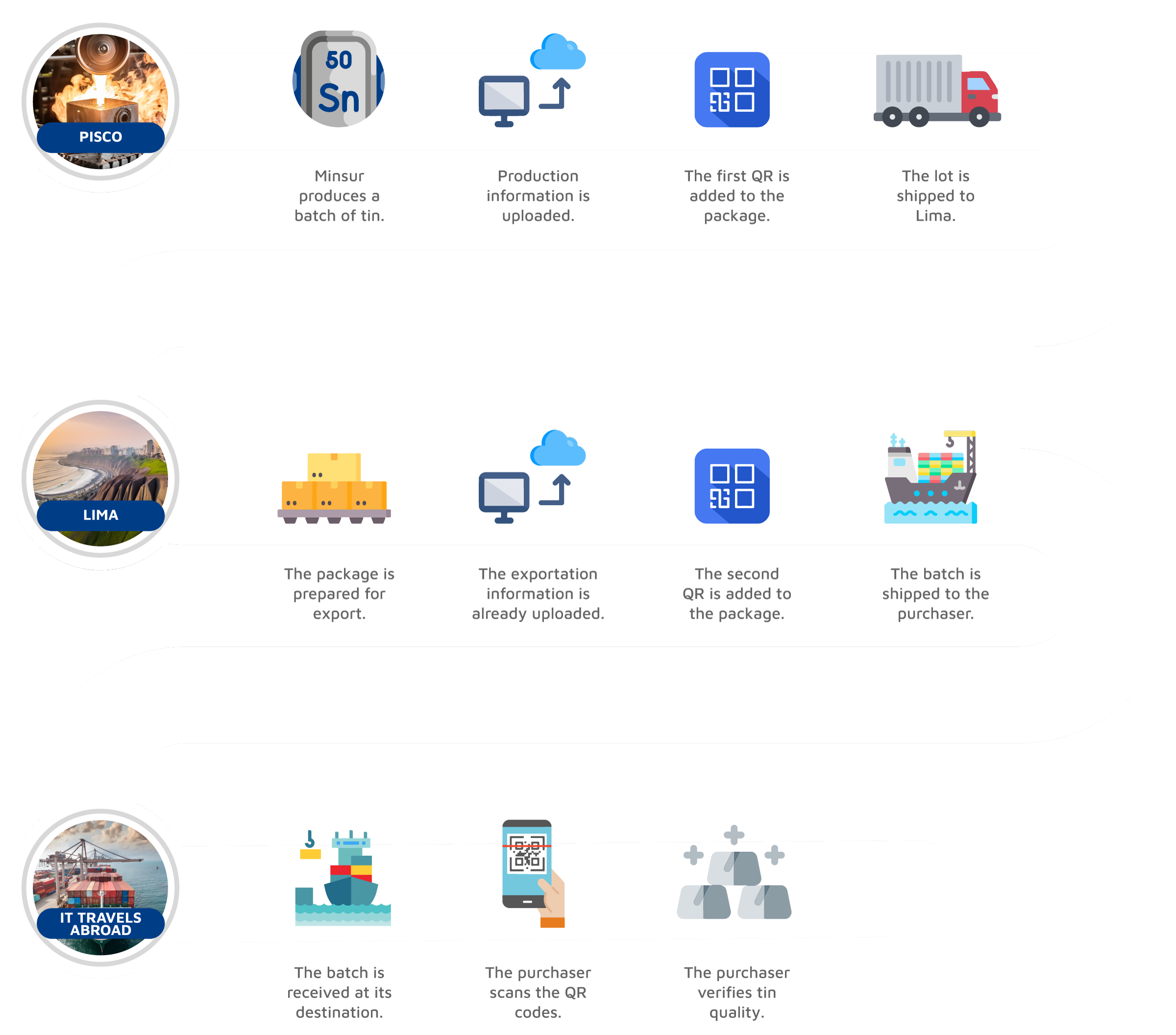Sustainability is a key factor for tin production and trade due to its frequent exploitation in conflict affected zones. Consequently, the mining sector is challenged in supplying the demand for this metal while ensuring ethical practices that prevent conflict or Human Rights violations. The aim is to preserve natural resources and promote socio-economic development in such regions.
Minsur has assumed a protagonist role in the mining industry by incorporating several standards and tools in its operations to comprehensively address environmental, social, and governance aspects. As a result, it developed its “SusTINable” brand, which ensures a long-time supply of a high-quality product that meets sustainability standards.
The company has outlined an ambitious sustainability plan towards 2030, focused on health and safety, environmental care, responsible governance, and the creation of shared value together with employees, suppliers, and communities. The strategy proposes a set of priorities, objectives, and short-, mid- and long-term goals that will help achieving expected results in the four cores mentioned above.

We are aware that the world needs mechanisms that ensures the provenance of tin produced to all stakeholders linked to the value chain, from industrial customers to the final user of products with tin components. Hence, Minsur has implemented a platform that uses advanced technology to trace all the tin that it produces.
The platform was developed together with the German company Minespider. With it, Minsur has become the world’s first mining company to apply blockchain technology to verify the source of all its tin production.
This innovation allows companies who trade and transform tin, to prove that the source of its tin is not associated with violence or any violations of Human Rights.
This technology -used to trace tin- not only strengthens transparency of Minsur’s value chain, but emerges as a disruptive solution to stop the financing of violent groups who take advantage of conflict mineral production.
With this milestone, Minsur confirms its global leadership in the mining industry and its firm commitment to a more transparent and ethical future. Its dedication to these principles, through their tangible commitments, contributes to a sustainable industry that is essential for the development of new technologies for the benefit of our global society.




